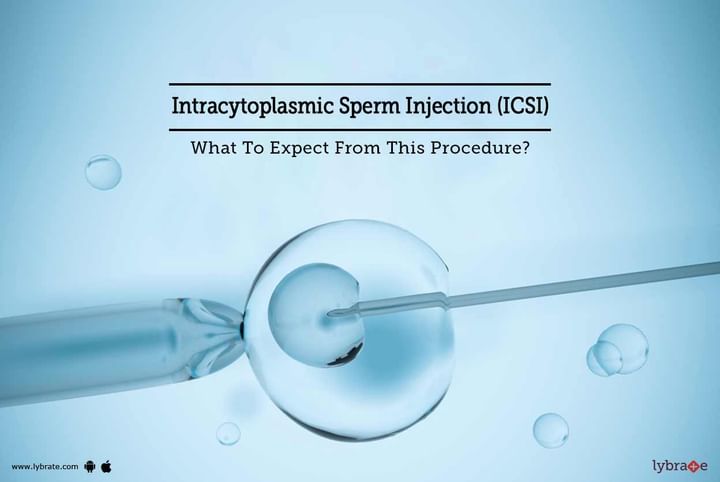Intracytoplasmic Sperm Injection (ICSI) - What To Expect From This Procedure?
There are many reasons leading to infertility, but one of the main causes is the inability of the sperm to travel all the way up to the uterus to fertilize an egg. This is caused by defective sperms and could be due to poor sperm quality, poor motility, etc. There are multiple reasons for this, and even smoking, obesity, diabetes, hypertension, etc. could be reasons.
Many technical advancements in fertility treatments are being done, and they try to keep the natural process of fertilization intact, at the same time improving the chances of success. Intracytoplasmic sperm injection (ICSI, often used as a standalone term iksee) improves the rate of fertilization in that the sperm is directly injected into the egg. The environment of this artificial fertilization is completely controlled, and the fertilized egg is then placed into the womb for further growth. It is one of the recent methods of improving fertility, a part of ART (assisted reproductive technology).
Indications:
- Poor sperm perms motility
- Semen where sperm concentration is low
- Male infertility with unidentifiable cause
- Poor sperm quality, with sluggish sperms
- Ejaculation issues, such as retrograde ejaculation (semen is ejected into the bladder)
- Useful in couples who have failed IVF
- Low AMP reserve
- Low egg quality
- Tubal blockage
What to expect?
The following outlines some of the steps for both male and female before and during the procedure.
Before the procedure - males:
- The first step is the sperm collection; a screening is first done
- Sperms collection happens through either masturbation or directly from the testicles via a small incision
- Sperms could be collected fresh or collected and frozen for later use
Before the procedure – women:
- In the normal menstrual cycle, only a single egg is released. However, prior to ICSI, the woman is given ovulation drugs, which are high-dose hormone injections prior to ovulation. This ensures multiple eggs are released, which are then retrieved for fertilization in the external environment.
- Blood and urine are monitored regularly to identify the ovulation time, and eggs are collected within 24 to 36 hours of release
In Vitro Fertilization (IVF) Treatment
The process of IVF (In Vitro Fertilization) is a laboratory procedure where the egg is fertilized with the sperm in a laboratory dish and is implanted into the woman’s uterus. Intra Cytoplasmic Sperm Injection (ICSI) Intra Cytoplasmic Sperm Injection (ICSI) is an assisted reproductive technique wherein a single sperm is injected into the cytoplasm of the oocyte with the help of special micro-manipulators.



+1.svg)
